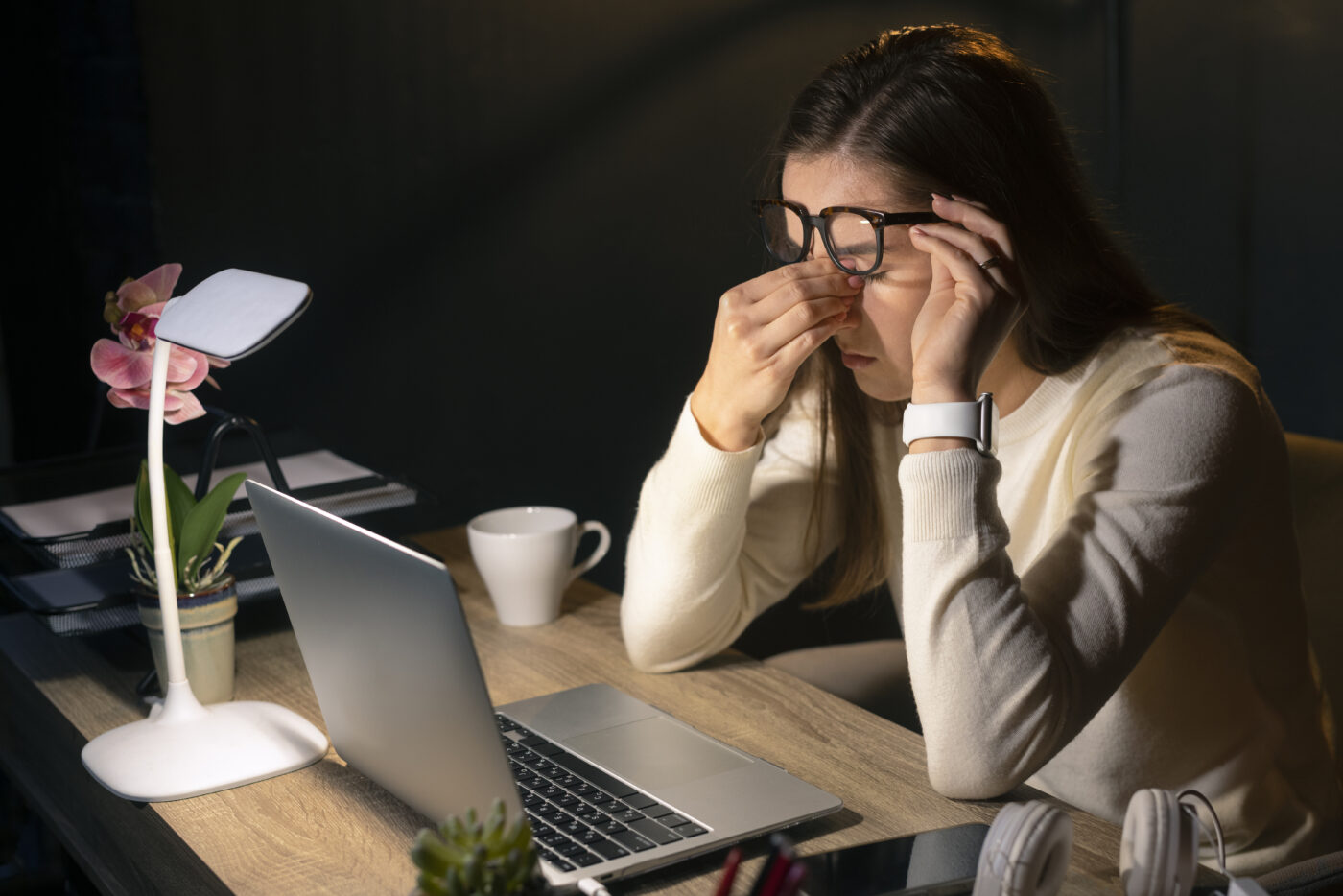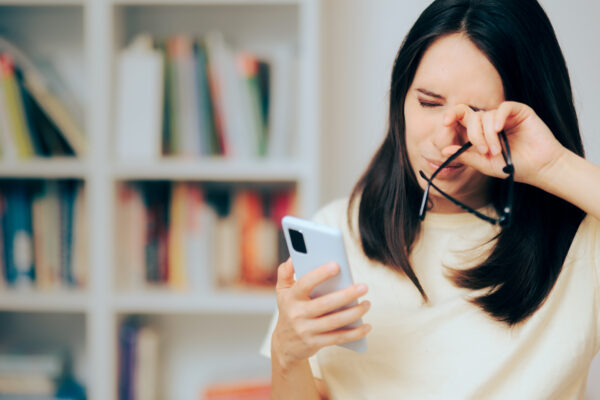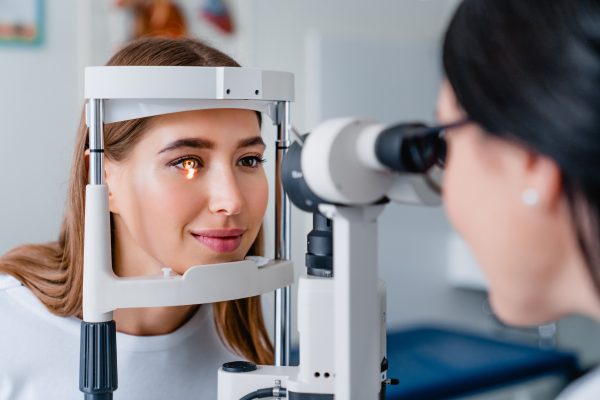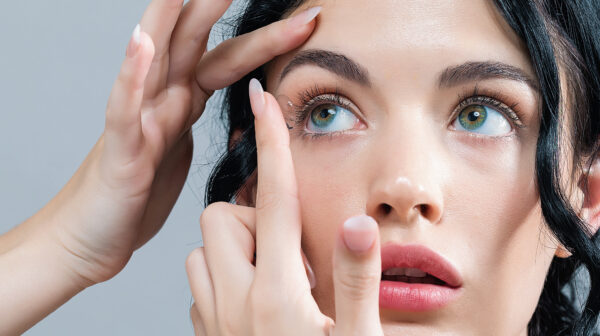Ever feel glued to your phone screen until your eyes feel like sandpaper? You’re not alone. In our constantly connected world, we’re surrounded by digital devices – smartphones, laptops, tablets – all radiating blue light. The solution given: blue light glasses, but do they really work? We explored the effects on our well-being, and investigated the effectiveness of blue light glasses as a protective measure.
Understanding the Spectrum
Sunlight is a spectrum of visible and invisible light, with blue light occupying a significant portion. Blue light plays a vital role in regulating our circadian rhythm, the internal clock that dictates our sleep-wake cycle. Exposure to blue light during the day suppresses melatonin production, a hormone that signals sleepiness. This natural process keeps us alert and focused throughout the day.
However, excessive blue light exposure, particularly in the evening hours, can disrupt this delicate balance. The artificial blue light emitted from digital screens can trick our bodies into thinking it’s still daytime, delaying melatonin production and hindering sleep quality. This can manifest as difficulty falling asleep, restless nights, and daytime fatigue.
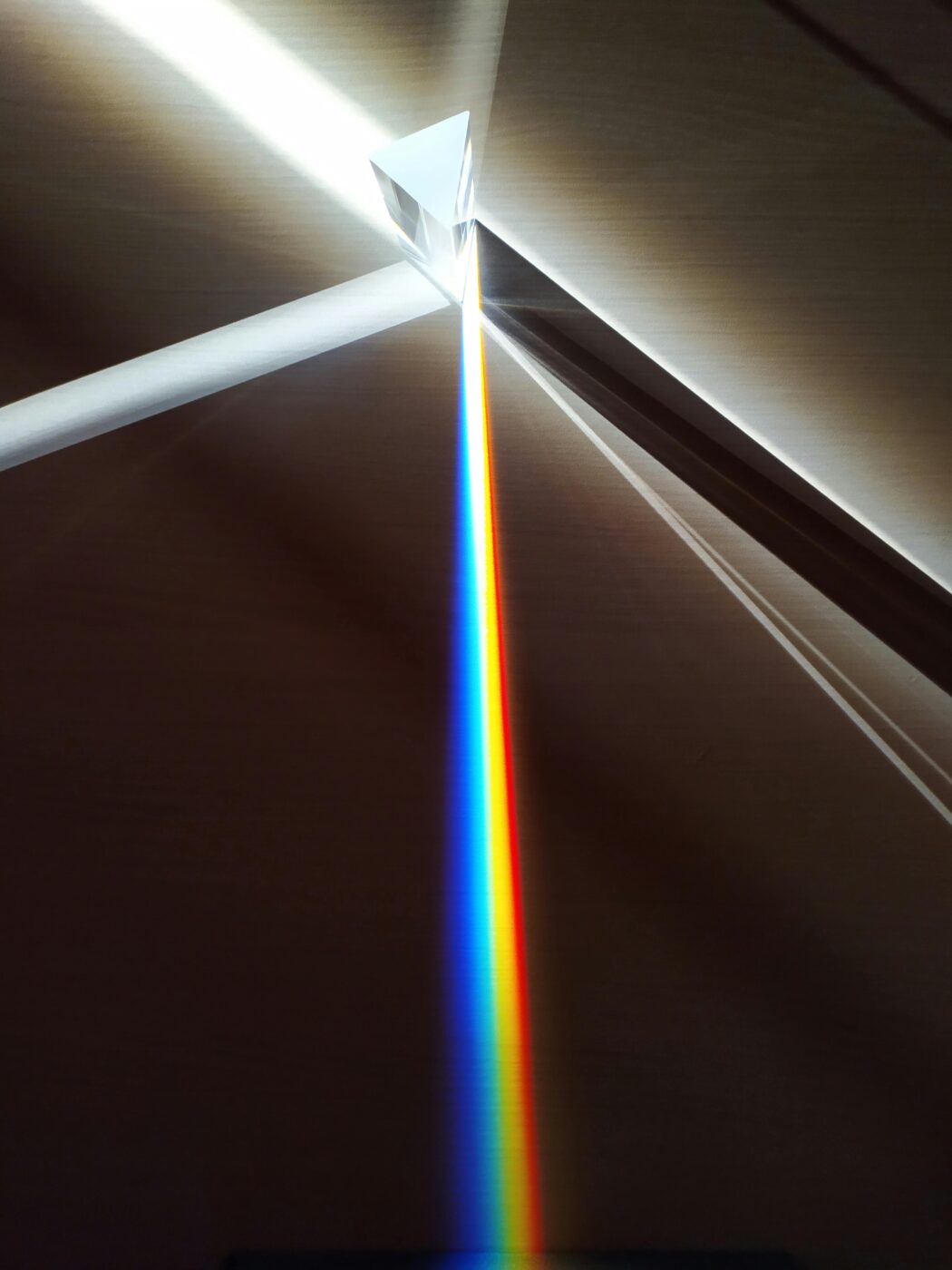
Blue Light Glasses: Fact or Fiction?
Blue light glasses have surged in popularity in recent years, touted as a solution to mitigate the negative effects of blue light exposure. These glasses incorporate special filters designed to block or absorb a portion of the blue light emitted from digital screens. The current body of research regarding the effectiveness of blue light glasses remains inconclusive. Some studies suggest potential benefits in reducing eye strain and improving sleep quality. However, other studies haven’t found statistically significant evidence to support these claims. Here’s a critical assessment of blue light glasses:
- Potential Benefits: Blue light glasses may offer some alleviation of eye fatigue, particularly for individuals who spend extended hours in front of screens. Additionally, they might meekly improve sleep quality for those who use electronic devices before bedtime.
- Limitations: The research on the efficacy of blue light glasses is ongoing and not entirely conclusive. While blue-light blocking glasses are advertised to improve vision and sleep, there is no significant evidence to support these claims.
- Considerations: Blue light glasses are not a cure-all for digital eye strain or sleep problems. You should employ healthy habits, such as taking regular screen breaks and practicing good sleep hygiene.
Beyond Blue Light Glasses: Strategies for Digital Wellness
While the jury’s still out on the definitive role of blue light glasses, there are a multitude of well-established practices that can safeguard your eyes in the digital age:
- The 20-20-20 Rule: Every 20 minutes, avert your gaze from the screen for 20 seconds and focus on an object 20 feet away. This simple practice helps relax the focusing muscles in your eyes.
- Adjust Screen Brightness and Color Temperature: Reduce screen brightness to a comfortable level and consider using warmer color temperature settings on your devices. These adjustments can lessen eye strain.
- Embrace Natural Light: Whenever possible, prioritize natural light over artificial sources. Take breaks outdoors to expose your eyes to natural sunlight.
- Blink Regularly: Blinking lubricates your eyes and helps maintain tear production. When engrossed in digital tasks, we tend to blink less frequently. Make a conscious effort to blink more often.
- Maintain a Healthy Distance: Maintain a safe distance between your eyes and digital screens. The recommended distance varies depending on the screen size, but a general guideline is to keep the screen at arm’s length.
- Regular Eye Examinations: Schedule regular eye checkups with your ophthalmologist. Early detection and management of any underlying eye conditions are crucial for maintaining optimal vision.
In conclusion, blue light is a natural part of our environment. While concerns exist regarding its potential impact on our eyes, the research remains inconclusive. The most effective strategy for digital eye care is prioritizing good screen habits, taking breaks, and consulting with your eye doctor. These crucial steps will help to maintain healthy vision in our digital world.
Categories:
